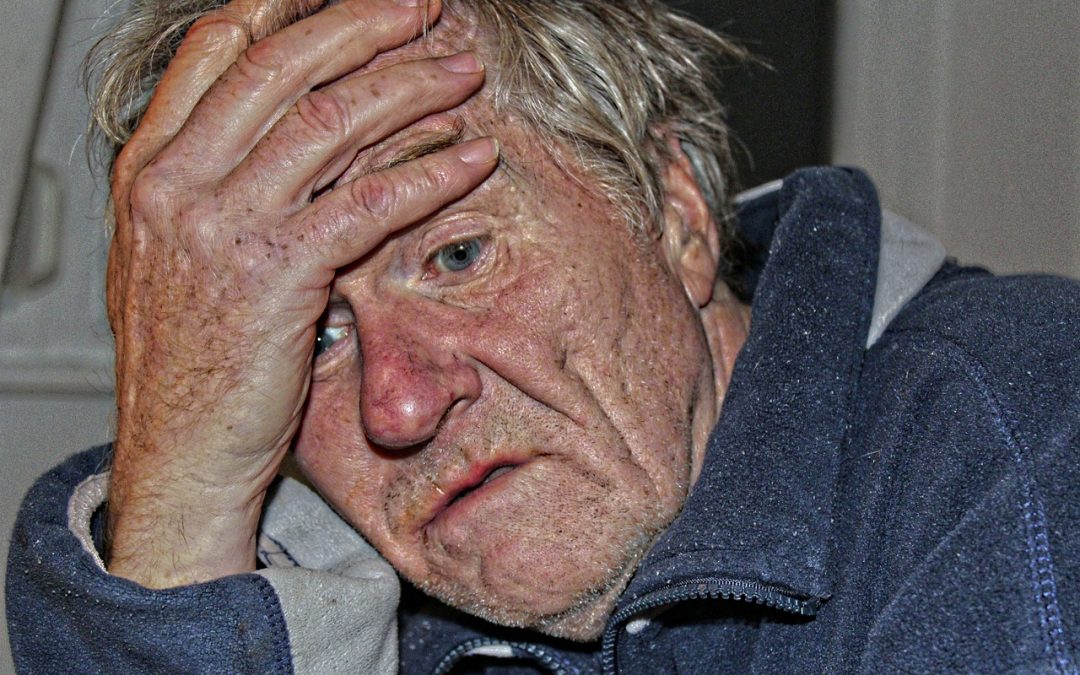Some people have a firmly ingrained belief that they are victims and their feelings of helplessness and misery are habitual. Victimization has been likened to wearing a grey cloak that surrounds us, both attracting that which will victimize us and causing us to create the feelings of victimization. Victimization can be so habitual that we may feel victimized even when good things happen to us.
For example:
Got a new car? Yes, but it doesn’t run as well as I expected …
You’ve got a nice family! Yes, but there are problems. And we’ve had such hard times…..
Your career is going well! Yes, but there is a price to pay for that success. Lots of paperwork and long working hours….
As Melody Beattie so beautifully states in her book, The Language of Letting Go, “… If we set our mind to it, we have an incredible, almost awesome ability to find misery in any situation, even the most wonderful of circumstances.”
Who are these victims? When we look at the literature on co-dependency, addictions and mood disorders, it seems we can find many clients and their family members with victimization and helplessness issues. These folks tend to have low self-esteem, difficulty expressing and dealing with feelings, problems setting healthy boundaries with others, an inability to really love and value one’s self, unable to provide themselves with healthy and helpful self-care, and someone who often puts the welfare of others ahead of their own. In many situations, this person would be called the Caretaker. So, what is Caretaking?
In its basic form, Caretaking is the act of taking responsibility for other people while neglecting responsibility for ourselves. When we feel instinctively responsible for the feelings, thoughts, choices, problems, comfort and destiny of others, we are caretakers. We may believe, at an unconscious level, that others are responsible for our happiness, just as we are responsible for theirs. Unfortunately, the real world doesn’t work like this. And our real needs and expectations go unmet.
It’s wonderful to be a considerate, loving, nurturing person. But caretaking is neglecting ourselves in this relationship to the point of feeling victimized. Caretaking involves caring for others in ways that hamper them in learning to take responsibility for themselves. Put another way: caretaking is a way of showing another person that you believe they are incapable of doing/feeling/thinking for themselves, so you must do it for them. If they are not given an opportunity to practice self-responsibility, they do not learn the skill(s) needed to be self-reliant and self-sufficient. They have little self-confidence in their abilities because you have taken that learning opportunity away from them. And the cycle of victimization and helplessness grows.
Caretaking doesn’t work. It hurts other people; it hurts us. People get angry. They feel hurt, used and victimized. So do we.
The kindest and most generous behaviour we can choose is taking responsibility for ourselves – for what we think, feel, want and need. The most beneficial act we can perform is to be true to ourselves and let others take responsibility for themselves. By allowing self-responsibility to replace helplessness and dependency, we help break the cycle of victimization felt by all parties.
Final thoughts from Melodie Beattie:
“We can stand in our power. We do not have to allow ourselves to be victimized. We do not have to let others victimize us. We do not have to seek out misery in either the most miserable or the best situations.
We are free to stand in the glow of Self-Responsibility.
Set a boundary! Deal with the anger! Tell someone to stop that! Walk away from a relationship! Ask for what you need! Make choices and take responsibility for them! Explore options! Give yourself what you need! Stand up straight, head up and claim your power! Claim responsibility for yourself! And learn to enjoy what is good. “
Article written by Pat Antoniak Registered Nurse – Registered Aromatherapist
and owner of the Natural Comfort Wellness Centre in Tsawwassen, BC.

